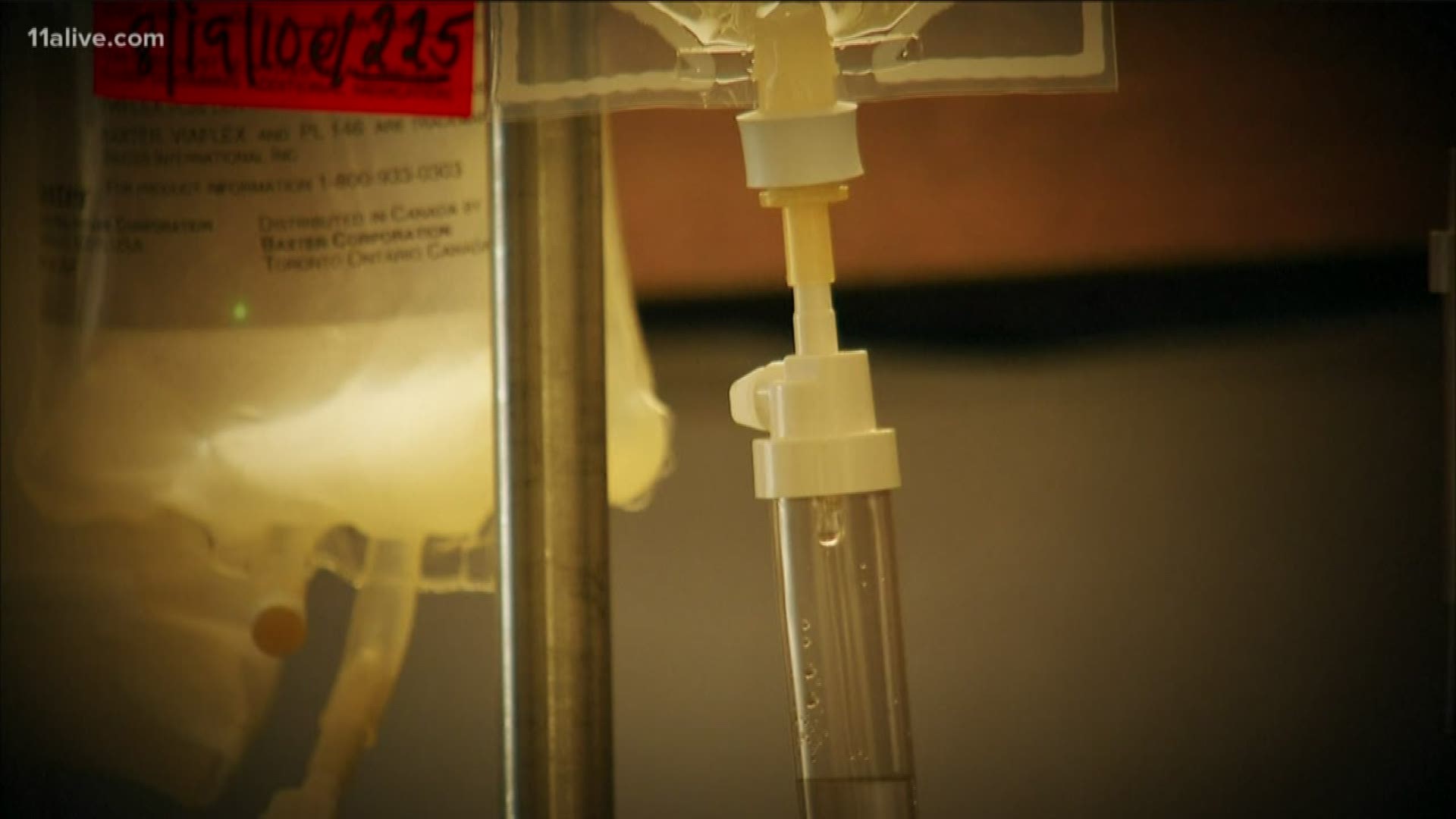ATLANTA (AP) — A group that decides which patients will receive life-saving organ transplants in the United States has reinstated a program that gives transplant centers first dibs on donated livers in their community, NBC News reports.
Two weeks ago, U.S. District Judge Amy Totenberg ordered the rollback pending the outcome of a court appeal that could take months to resolve. Totenberg had refused at first to delay the policy change, but then reversed herself and ordered a halt to the new rules 24 hours after the transplant system started using them to match patients with donated organs.
On Thursday, The United Network for Organ Sharing posted that it had reversed its policy to comply with the May 17 court order.
"UNOS wants to reassure the donation and transplant community that despite the legal proceedings underway, donated livers continue to be allocated to patients on the waiting list; there is no disruption to this important work," the website statement read.
Totenberg was considering holding UNOS in contempt after hospitals and patients challenging the new liver policy said the group was deliberately ignoring her order.
Sarah Frey said UNOS misunderstood the order, and there was never any intent to evade it. At last Monday's hearing, an information technology specialist for the group, Bonnie Felice, said it has already spent hundreds of hours reprogramming its system to revert to the old policy.
Totenberg appeared satisfied, and did not impose any sanctions on UNOS.
Totenberg is presiding over a lawsuit that claims the new policy will waste viable livers, result in fewer transplants and likely cause deaths. At issue in the suit is how donated livers are distributed to patients awaiting transplants.
Patients in population centers like New York and California must be closer to death before they reach the top of the transplant waiting list than people who live in places like the Midwest and South, where more organ donors mean patients who are less sick get transplanted faster. It's such a problem wealthy patients often seek to be placed on shorter transplant lists far from home, like the late Apple CEO Steve Jobs, who lived in California but in 2009 got a new liver in Tennessee.
The new rules were intended to ease that geographic disparity by giving the sickest patients first chance at a donated liver, even if it has to be flown about 500 miles from the donor hospital.
UNOS predicted more than 100 lives a year would be saved as patients near death get a shot at a liver they'd otherwise never have received while the less sick waited a little longer.
But about a dozen hospital, including Emory University in Georgia, and several other states sued, arguing the new rules will harm rural patients in particular as they lose local liver donations to big cities.
___
Associated Press medical writer Lauran Neergaard in Washington contributed to this report.

